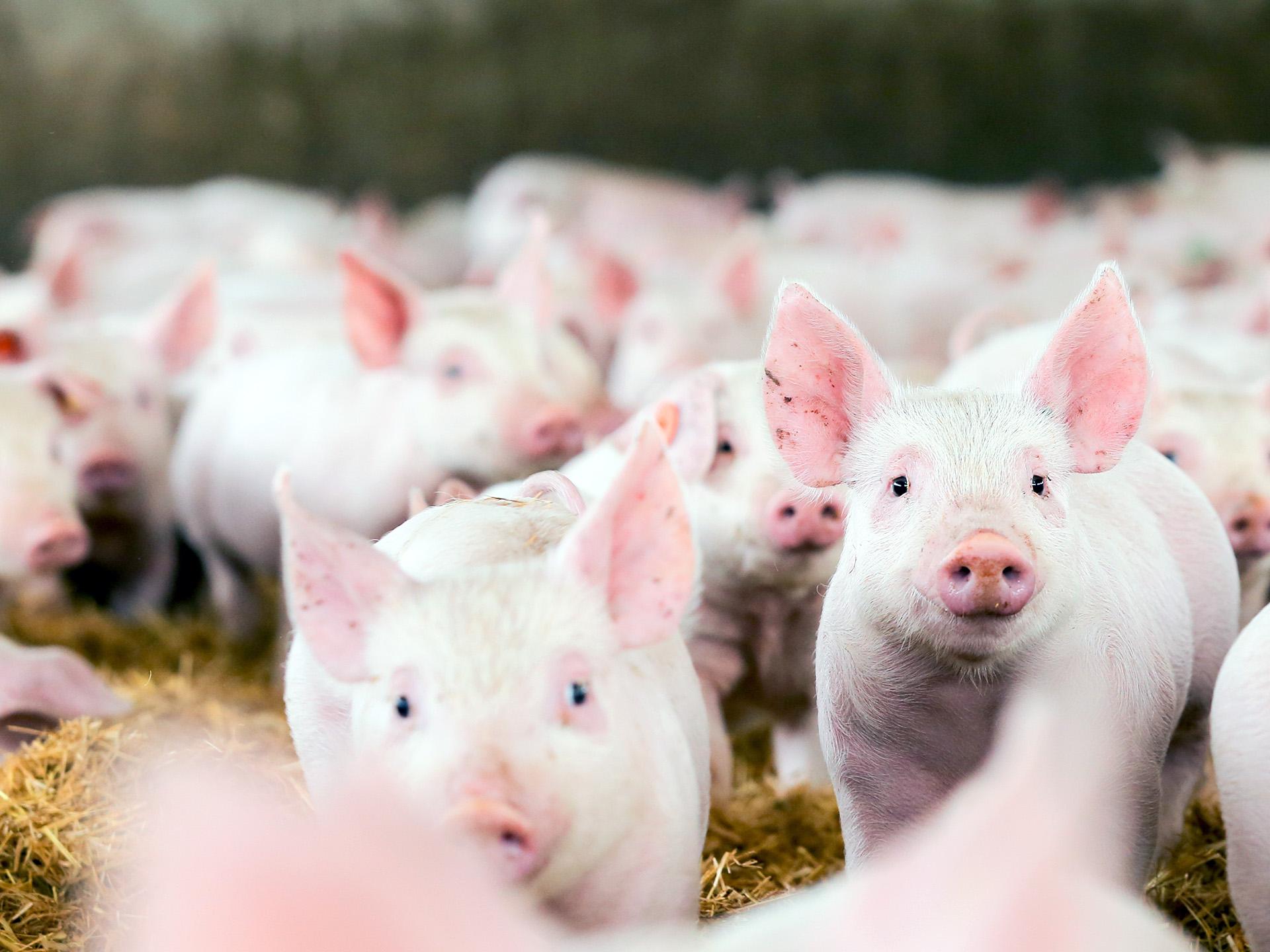Growth signalling pathways acting on the intestinal stem cell

This project aims to access activity of positive and negative signalling pathways that act on intestinal stem cells.
The small intestine grows a by combination of crypt fission and crypt hyperplasia. Crypt fission is now realised to be due to an increase in intestinal stem cells but has been poorly studied.
This study will compare and contrast activities of the canonical and non-canonical Wnt pathway, the Notch pathway, the epidermal growth factor pathway and the bone morphogenetic protein pathway in 3-, 7- and 14-day old pigs.
Key methodology:
- Immunostaining of activation markers with assessment by cumulative signal analysis, and quantitative RT-PCR of transcription factors.
- Crypt fission will be assessed by a tissue microdissection technique and recording the percentage of bifid crypts.
Study production animal health
Adrian Cummins has a long-term focus on the small intestine in health and disease (coeliac disease, malnutrition, HIV enteropathy, small bowel bacterial overgrowth, intestinal mucositis after cancer chemotherapy).
His current interests include intestinal stem cells and postnatal growth of the small intestine and coeliac disease.
Supervisors
- Associate Professor Adrian Cummins - Basil Hetzel Institute for Translational Medical Research, The Queen Elizabeth Hospital
- Co-supervisors: Professor Gordon Howarth | Dr Will Van Wettere
- Research area: Production animal health
- Recommended honours enrolment: Honours in Animal Science
